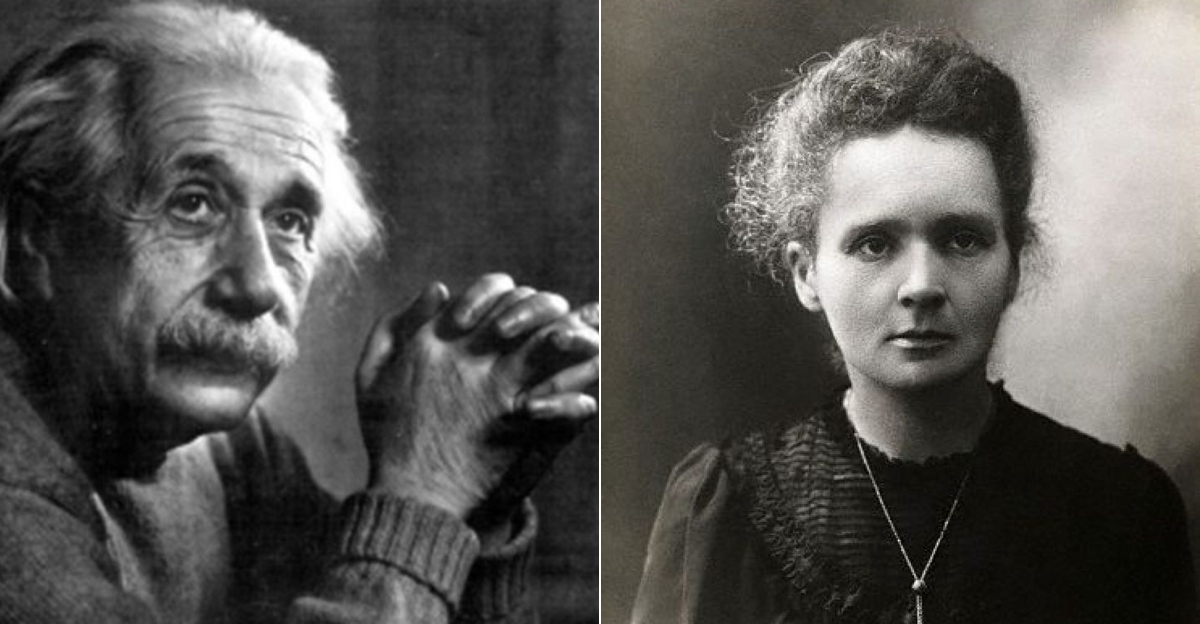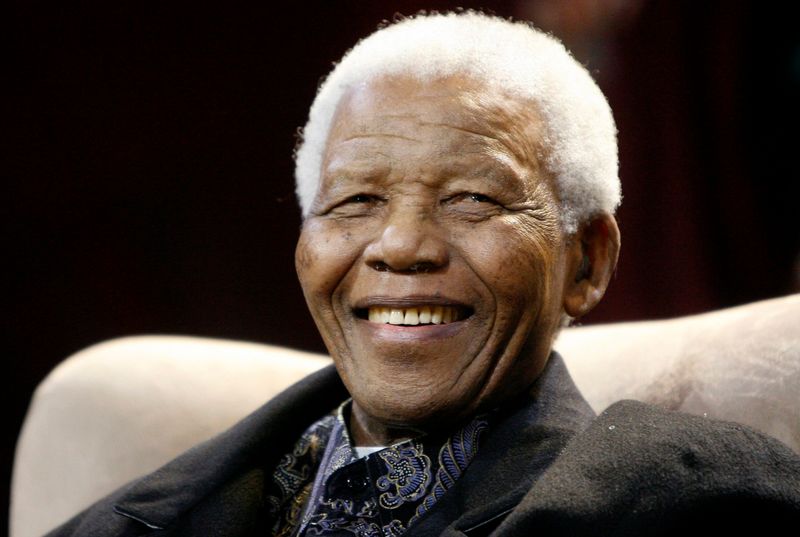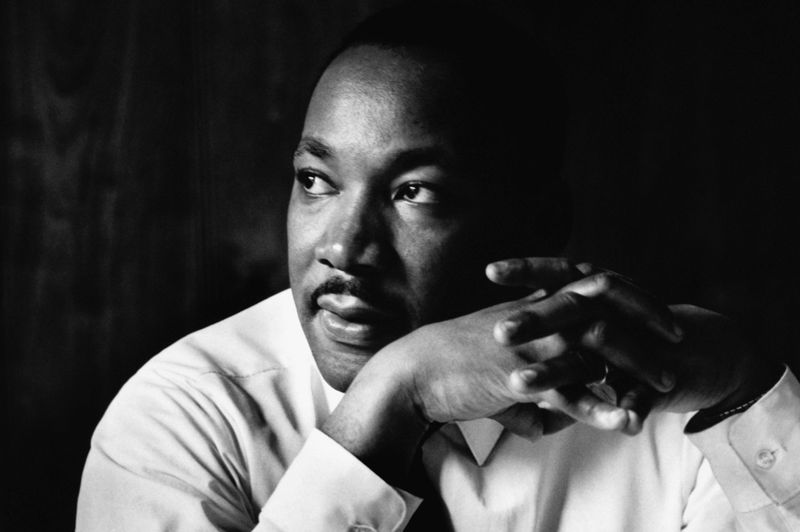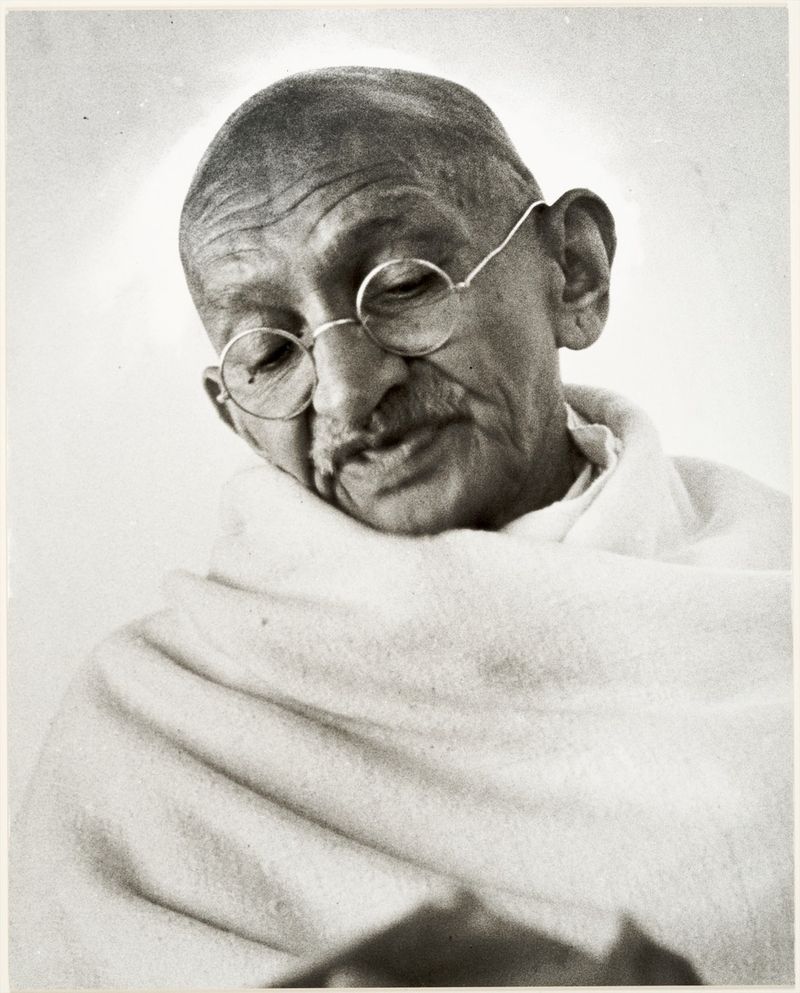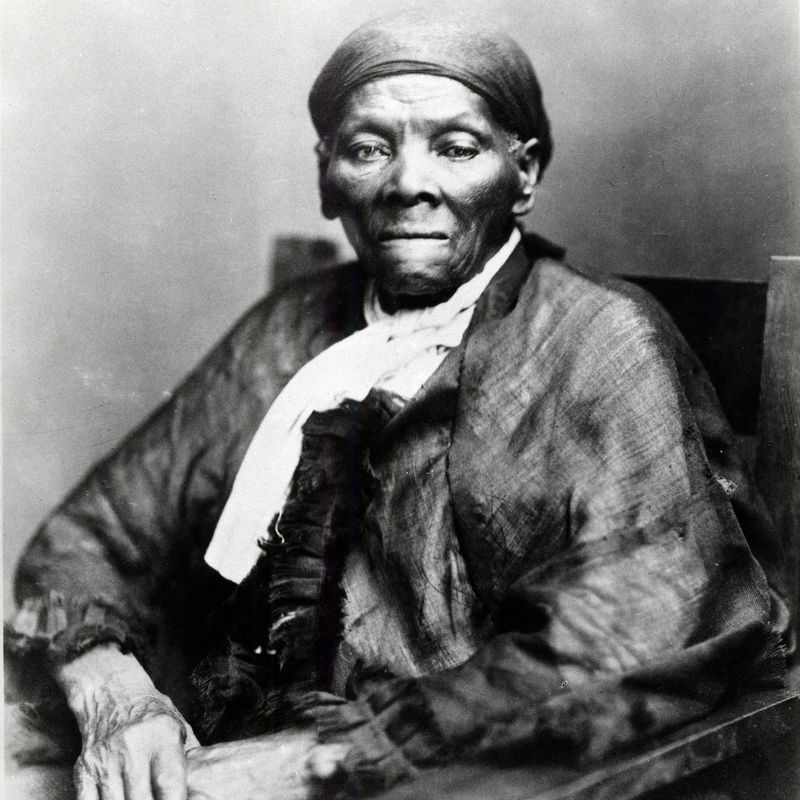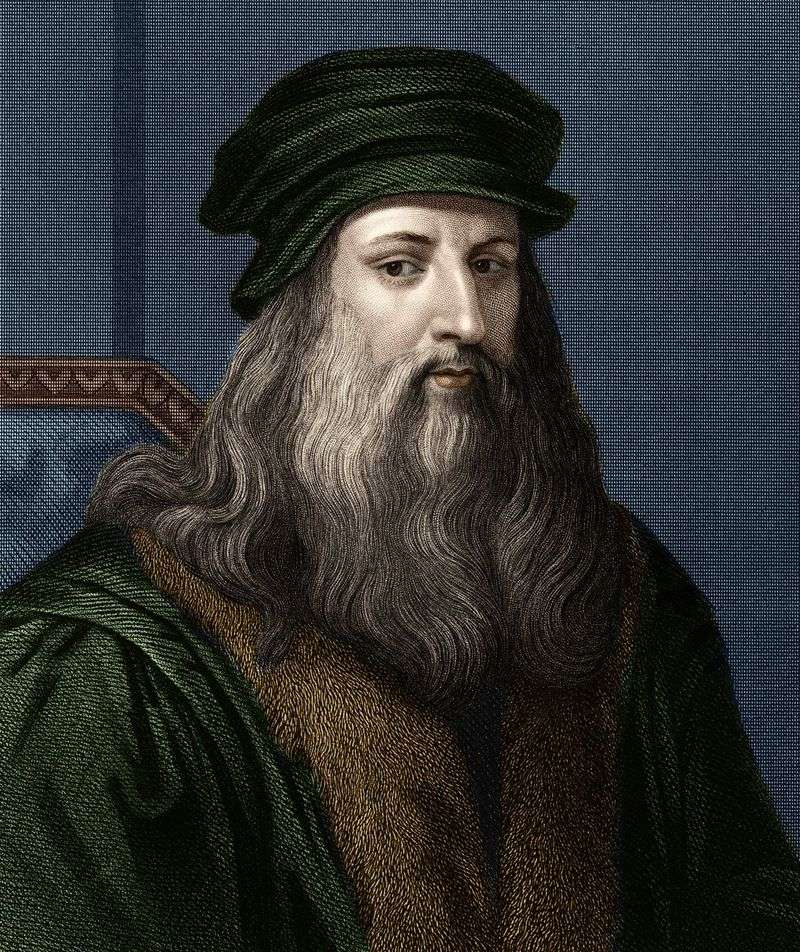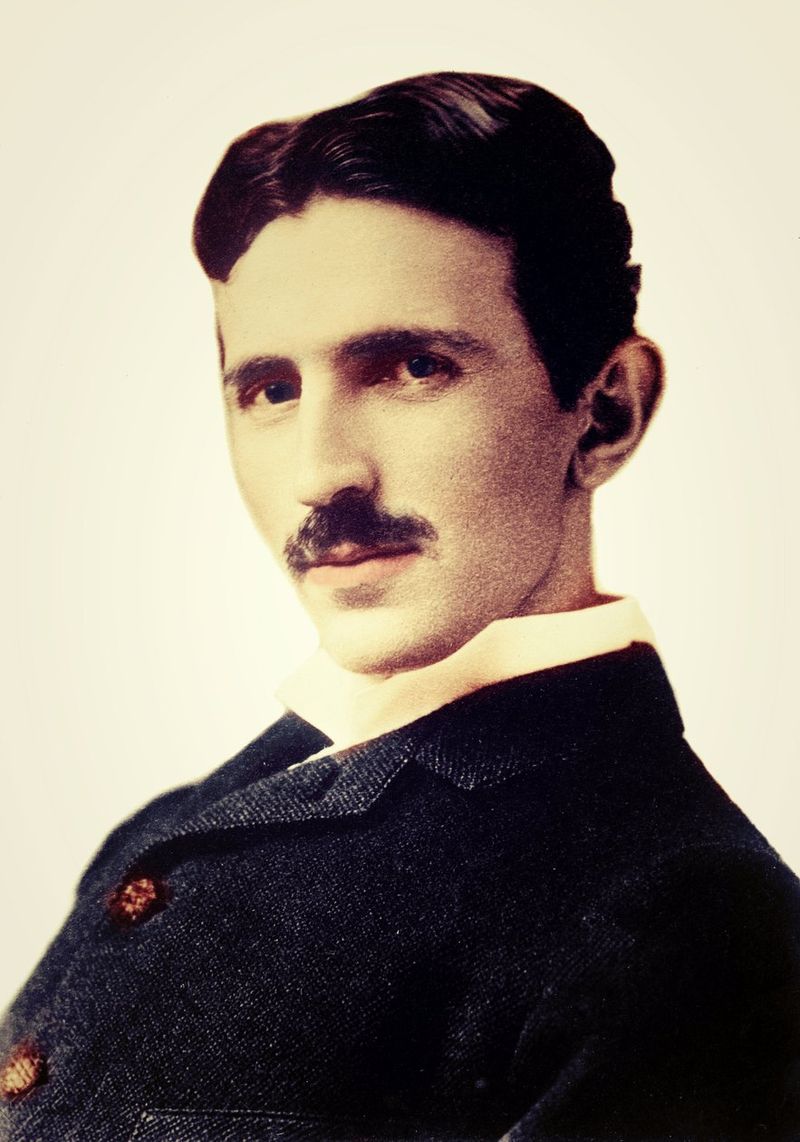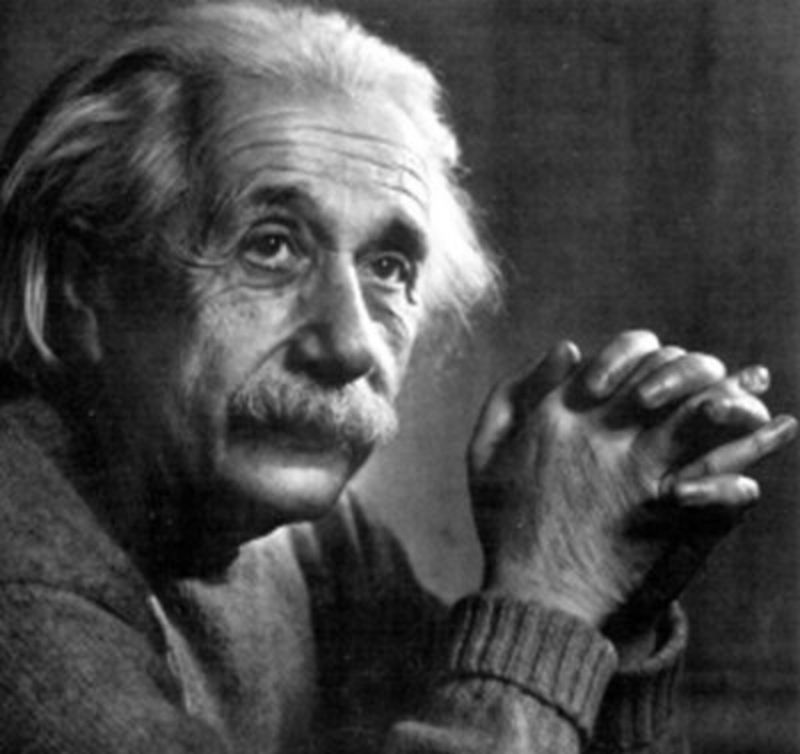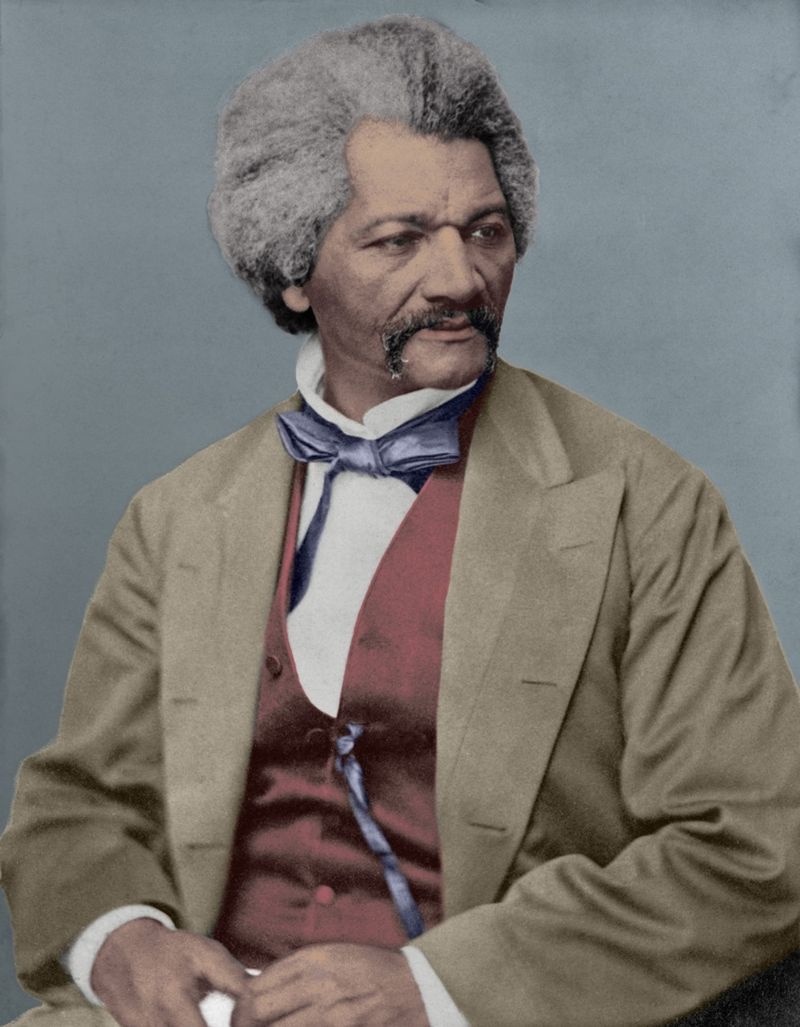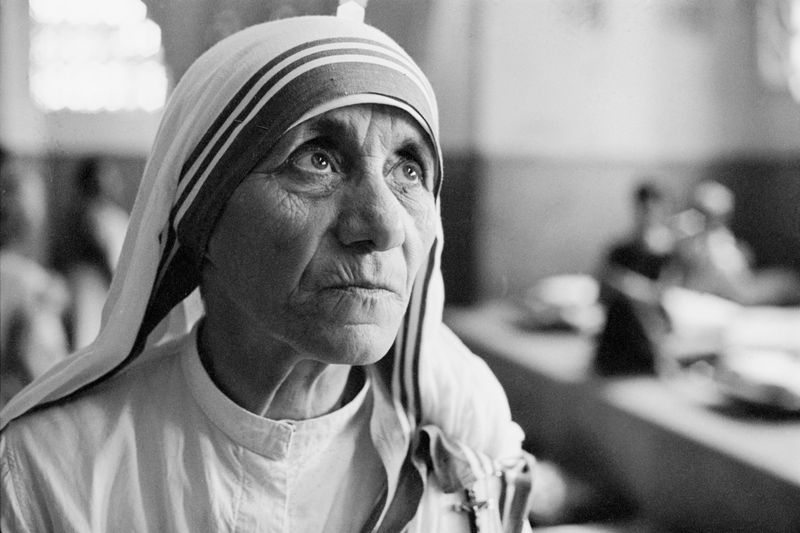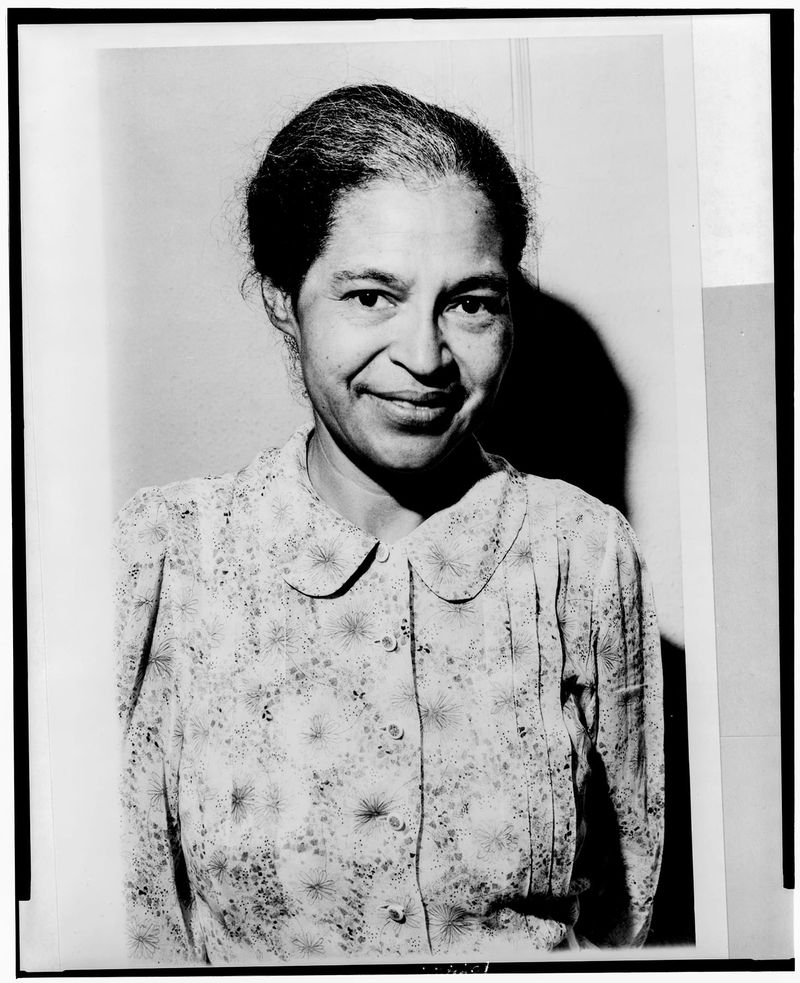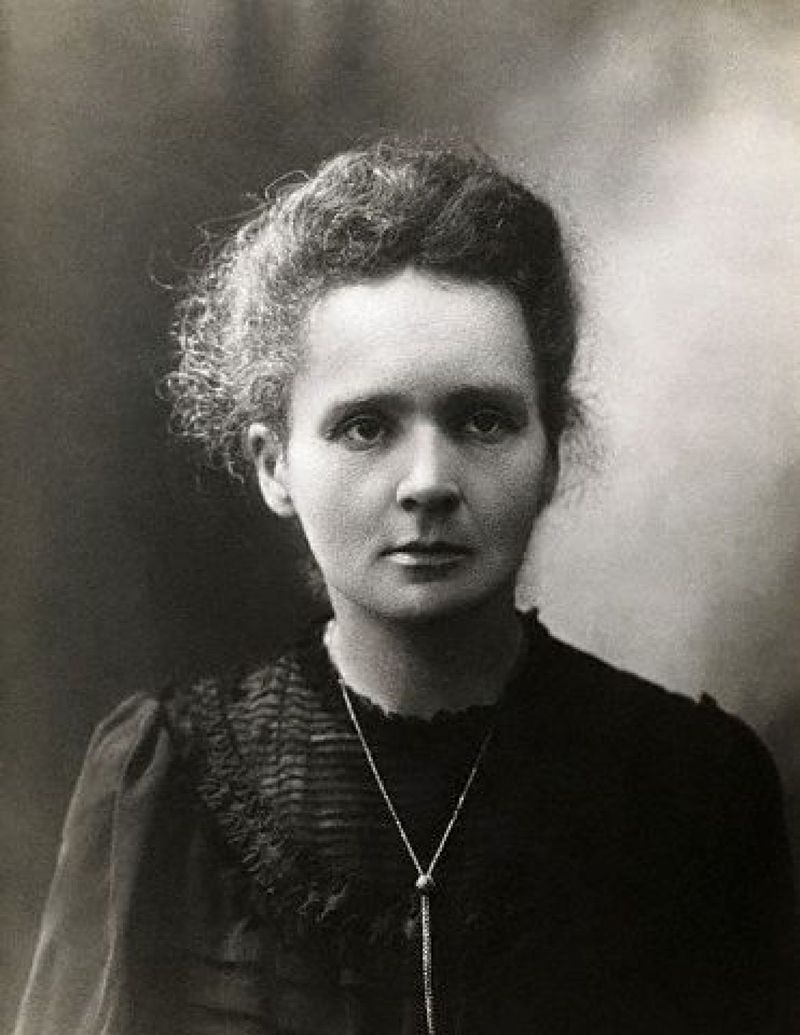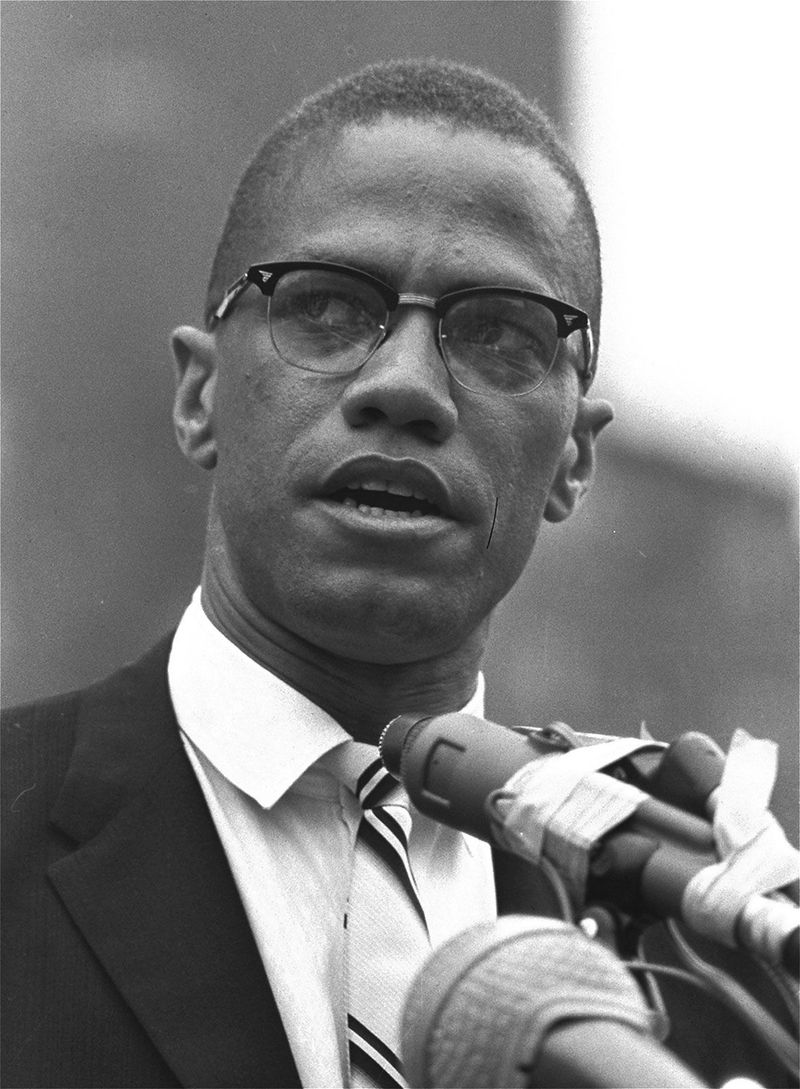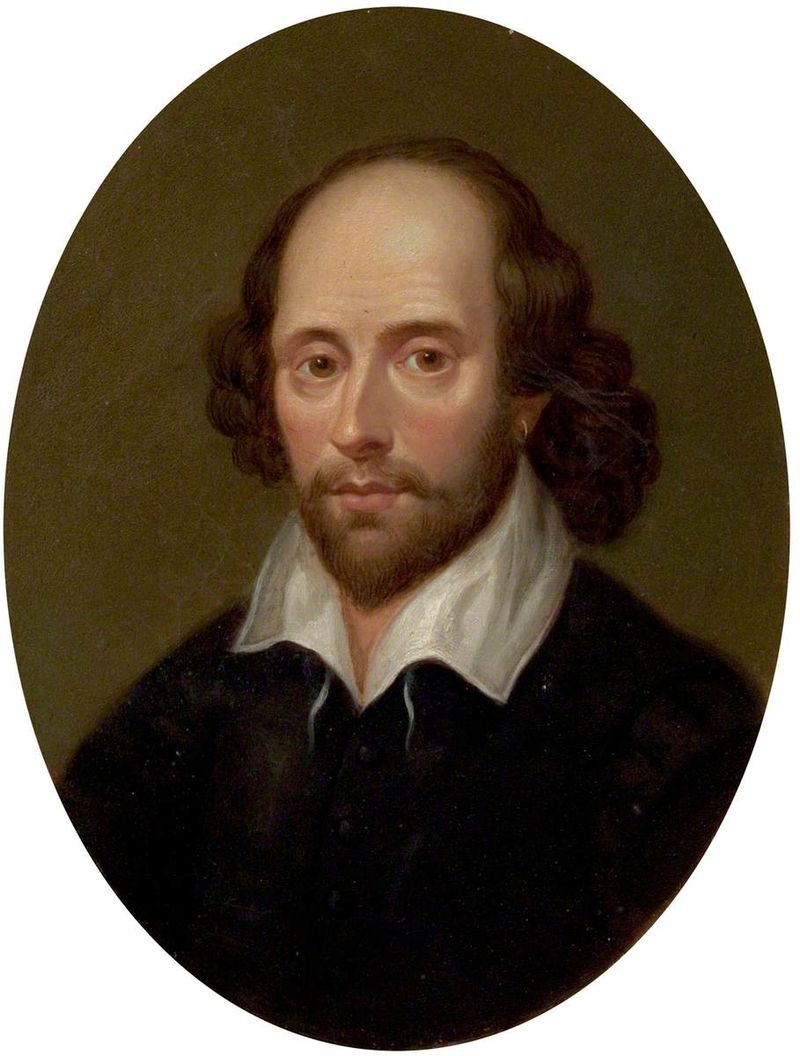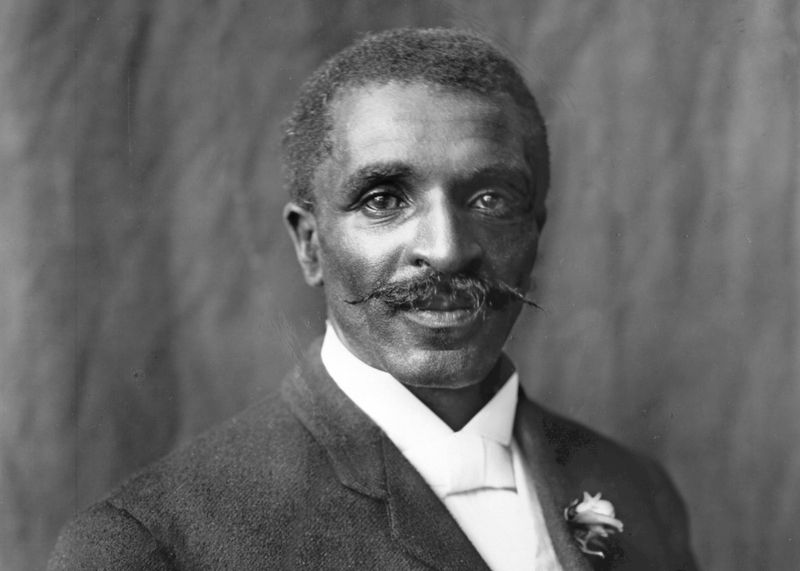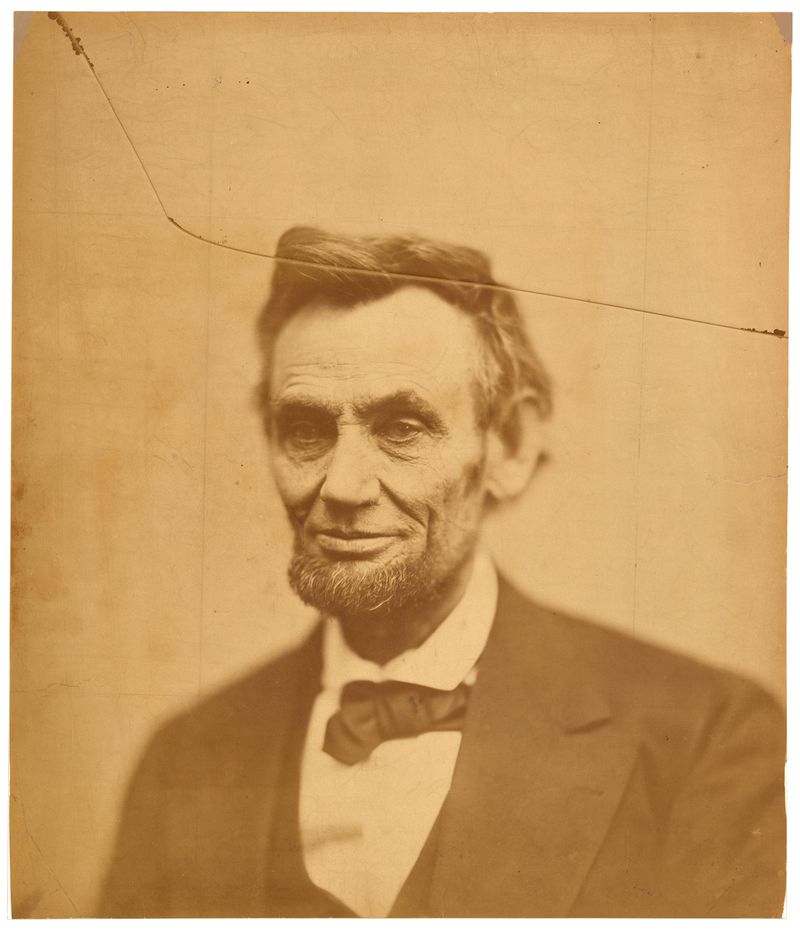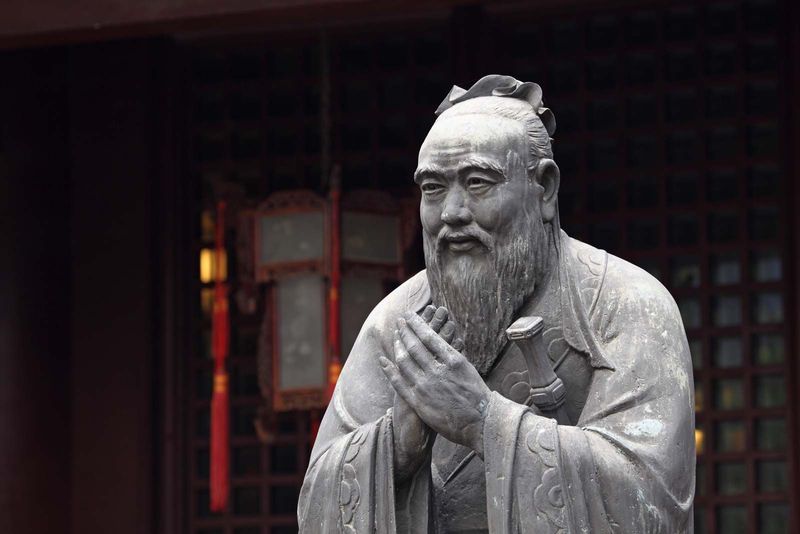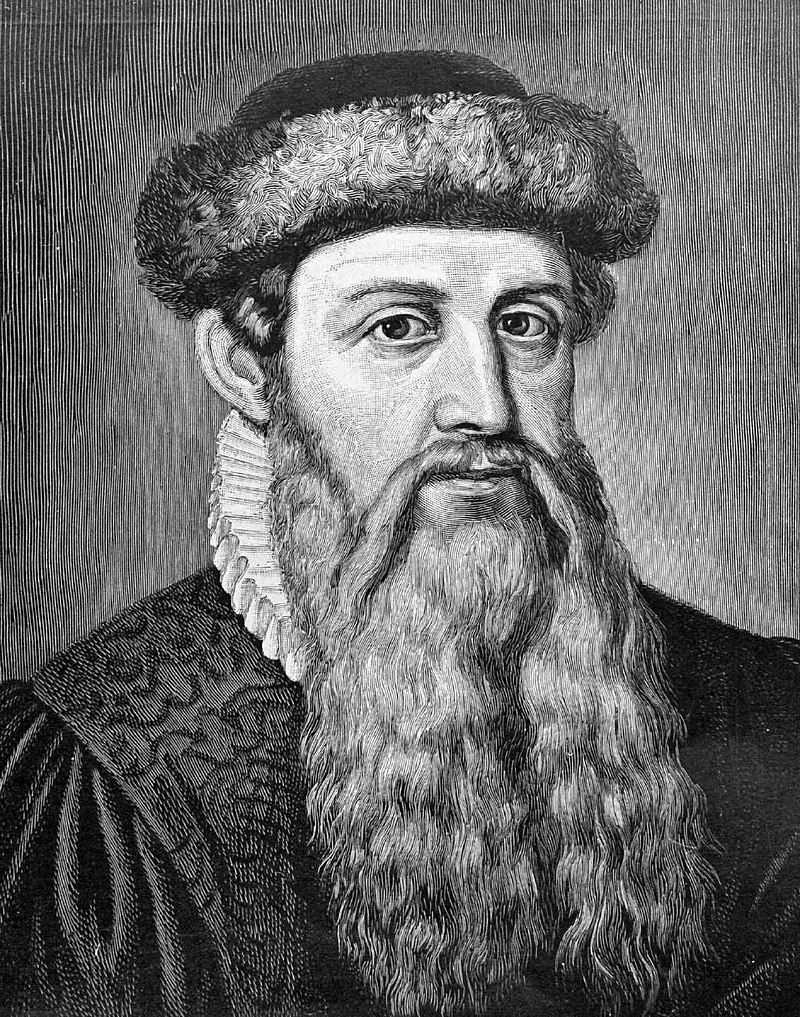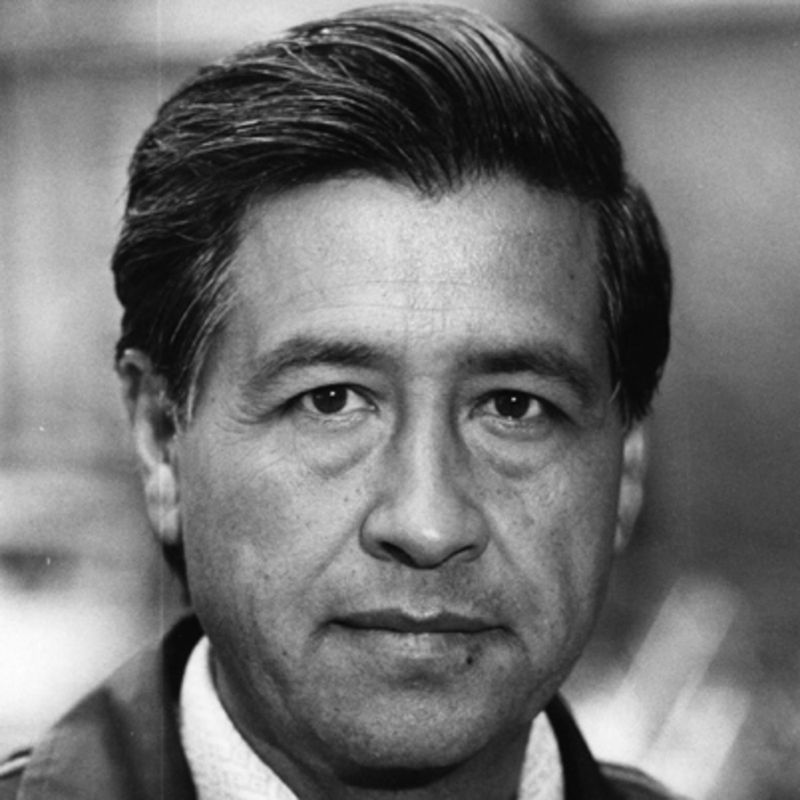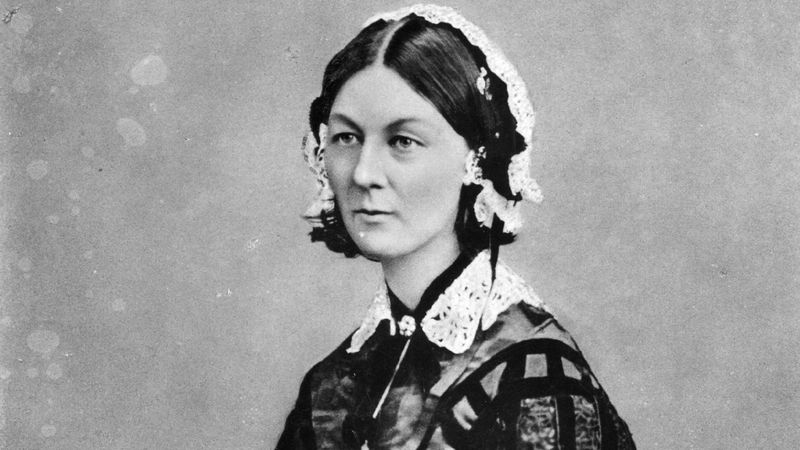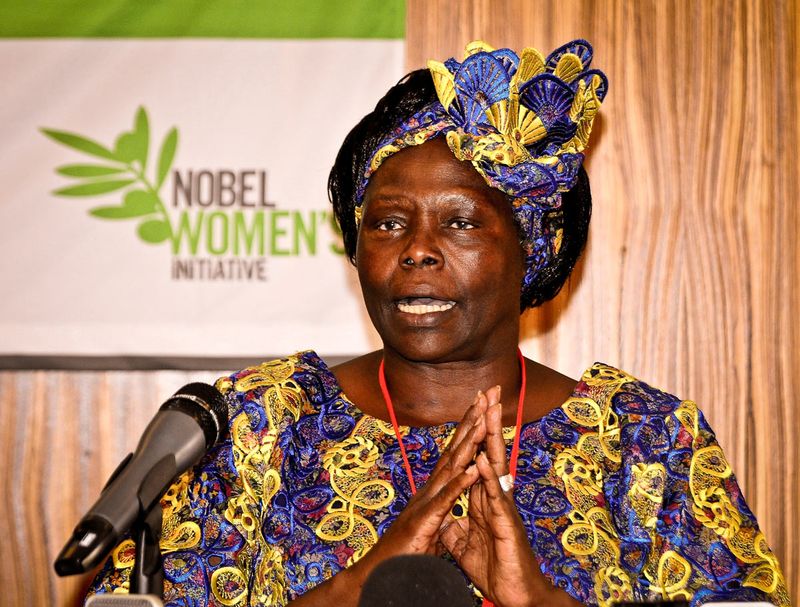Throughout history, certain individuals have left indelible marks on the world, shaping societies, cultures, and the course of human progress.
These figures have become symbols of greatness through their actions, words, and legacies, inspiring generations to dream bigger and reach higher.
Here, we explore twenty of these remarkable individuals, each contributing uniquely to the tapestry of human history.
1. Nelson Mandela (1918–2013)
Nelson Mandela stands as a beacon of hope and resilience in the face of oppression. During his lifelong fight against apartheid, Mandela spent 27 years imprisoned, emerging unbroken and advocating for reconciliation.
His election as South Africa’s first Black president marked a new era of hope. Mandela’s leadership underscored forgiveness and healing within a nation divided by racial injustice.
As a global icon, his impact transcends borders, continuing to inspire those striving for equality and justice. His legacy serves as a reminder that peace is achievable through understanding and dialogue.
2. Martin Luther King Jr. (1929–1968)
Martin Luther King Jr. remains a pivotal figure in the American civil rights movement. Known for his eloquence, King’s speeches called for racial equality and justice through nonviolent resistance. His ‘I Have a Dream’ speech is etched in history.
King’s leadership was instrumental in significant legislative changes, including the Civil Rights Act. His vision of a harmonious society continues to inspire new generations.
He advocated for peaceful protest, believing in the power of love and understanding. His legacy is a testament to the enduring fight for civil rights.
3. Mahatma Gandhi (1869–1948)
Mahatma Gandhi, a symbol of peace, led India’s struggle for independence using nonviolent resistance. His philosophy of Satyagraha emphasized truth and nonviolence. This approach not only freed India but inspired civil rights movements globally.
Gandhi’s commitment to simple living and self-sufficiency resonated with millions. His ideals of tolerance and love transcend time, encouraging justice without conflict.
Gandhi’s teachings urge us to find peaceful solutions in a turbulent world. His life’s work challenges each of us to consider the power of peaceful change.
4. Harriet Tubman (1822–1913)
Harriet Tubman, born into slavery, became an icon of courage and freedom. Her escape marked the beginning of her daring missions to rescue others via the Underground Railroad, risking her life repeatedly.
Tubman’s bravery extended beyond emancipation; she served as a spy during the Civil War and championed women’s suffrage. Her unwavering dedication to justice and equality continues to inspire.
Tubman’s legacy is a testament to the power of one individual’s courage in the face of overwhelming odds. Her life reminds us of the enduring struggle for freedom.
5. Leonardo da Vinci (1452–1519)
Leonardo da Vinci’s brilliance spanned multiple disciplines. As an artist, his masterpieces like the Mona Lisa and The Last Supper remain unparalleled. His curiosity drove him to explore anatomy, engineering, and flight.
Da Vinci’s extensive notebooks reveal a mind centuries ahead of his time, pondering concepts realized only in modern science. His legacy is a testament to the limitless potential of human creativity.
Da Vinci’s life encourages continual learning and exploration. His work exemplifies the harmony of art and science, inspiring innovation across fields.
6. Nikola Tesla (1856–1943)
Nikola Tesla’s innovations pioneered the electrical age, most notably through his development of alternating current (AC). His visionary work laid the foundation for modern electrical systems, transforming daily life worldwide.
Despite facing numerous challenges in commercialization, Tesla’s forward-thinking ideas encompassed wireless communication and renewable energy. His genius shines through his inventive spirit and profound impact on technology.
Tesla’s life serves as a reminder of the importance of imagination and perseverance. His contributions continue to electrify the world, highlighting the potential of human ingenuity.
7. Albert Einstein (1879–1955)
Albert Einstein revolutionized physics with his theory of relativity, fundamentally changing our understanding of space and time. His intellectual curiosity extended beyond science, impacting philosophy and politics.
Einstein’s humanitarian efforts and advocacy for peace reflected his deep concern for humanity. He encouraged critical thinking and creativity, values essential in scientific pursuit.
His life’s work challenges us to question and explore the universe’s mysteries. Einstein remains a symbol of intellectual brilliance and moral integrity. His legacy inspires scientists and thinkers to push the boundaries of knowledge.
8. Frederick Douglass (1818–1895)
Frederick Douglass rose from slavery to become a leading voice for abolition and equality. His eloquent speeches and writings rallied support for the abolitionist movement and human rights.
Douglass’s advocacy extended to women’s rights, emphasizing intersectionality in social justice. His autobiographies provide profound insights into the struggles for freedom and dignity.
He exemplified resilience, using education as a tool for liberation. Douglass’s legacy is a powerful reminder of the enduring fight for justice. His life encourages us to use our voices against oppression.
9. Mother Teresa (1910–1997)
Mother Teresa dedicated her life to serving the poorest and most vulnerable. Her work in Calcutta established the Missionaries of Charity, providing care and dignity to the sick and destitute.
Her compassion transcended religious and cultural boundaries, earning her a Nobel Peace Prize. Mother Teresa’s unwavering faith and love in action inspired countless others to serve humanity altruistically.
Her legacy continues through a global network of charitable work. Mother Teresa’s life exemplifies selflessness, reminding us of the power of love in action.
10. Rosa Parks (1913–2005)
Rosa Parks’s quiet strength sparked a movement toward equality. By refusing to give up her seat to a white passenger, Parks ignited the Montgomery Bus Boycott, a pivotal moment in the civil rights movement.
Her courage challenged segregation laws and inspired collective action. Parks’s legacy continues to resonate, reminding us of the power of peaceful protest.
She demonstrated that one person’s stand for justice can catalyze significant change. Parks’s story emphasizes the importance of standing firm in the face of injustice.
11. Marie Curie (1867–1934)
Marie Curie’s pioneering research in radioactivity revolutionized science. As the first woman to win a Nobel Prize, her work laid the groundwork for significant advancements in medical and nuclear technology.
Curie’s perseverance in a male-dominated field broke barriers and inspired future generations of women in science. Her relentless dedication to research exemplifies courage and innovation.
Curie’s legacy continues to impact cancer treatment and scientific exploration. Her life’s work challenges stereotypes, proving the power of determination and intellect.
12. Malcolm X (1925–1965)
Malcolm X was a dynamic leader advocating for Black empowerment and justice. His powerful oratory skills and advocacy for self-determination inspired many within the civil rights movement.
Malcolm X’s evolving views on race and human rights highlight personal transformation and the pursuit of truth. His legacy encourages critical examination of social injustices. He emphasized pride and dignity, challenging oppressive structures.
Malcolm X’s life and teachings continue to inspire those seeking justice and equality. His story reflects the complexity of social change.
13. William Shakespeare (1564–1616)
William Shakespeare’s literary genius continues to captivate audiences worldwide. His plays and sonnets, rich in language and insight, explore the depths of human experience.
Shakespeare’s works have shaped literature, culture, and language, influencing writers and thinkers across centuries. His ability to capture the nuances of human emotion remains unparalleled.
Shakespeare’s legacy endures, inspiring continual reinterpretation and performance. His life exemplifies the timeless power of storytelling. His writings reveal the complexities of life, love, and ambition.
14. George Washington Carver (1864–1943)
George Washington Carver’s innovations in agriculture changed the way we view sustainable farming. Known for his work with peanuts, Carver developed hundreds of products, emphasizing crop rotation and soil health.
His contributions helped improve the livelihoods of Southern farmers, promoting economic self-sufficiency. Carver’s legacy highlights the intersection of science and social progress.
His life’s work encourages sustainable practices and environmental stewardship. Carver’s resilience and creativity inspire ongoing agricultural innovation. His story reflects the transformative power of knowledge and dedication.
15. Abraham Lincoln (1809–1865)
Abraham Lincoln, as the 16th U.S. president, led the nation through its Civil War and abolished slavery. His leadership preserved the Union and set the stage for civil rights advancements.
Lincoln’s dedication to equality is embodied in the Emancipation Proclamation, a pivotal step toward freedom. His speeches, including the Gettysburg Address, articulate a vision of unity and democracy.
Lincoln’s legacy is rooted in moral courage and perseverance. His life exemplifies the power of leadership in times of crisis. Lincoln’s vision continues to inspire democratic ideals.
16. Confucius (551–479 BCE)
Confucius, an influential philosopher, shaped ethical and moral thinking in Eastern cultures. His teachings on virtue, respect, and leadership continue to guide personal and societal conduct.
Confucianism’s principles emphasize harmony and the importance of family and social relationships. His ideas have shaped education systems and governance. Confucius’s legacy endures as a blueprint for ethical living.
His teachings encourage reflection on personal character and societal obligations. Confucius’s wisdom remains relevant, reminding us of the value of integrity and respect.
17. Johannes Gutenberg (1400–1468)
Johannes Gutenberg revolutionized communication with the invention of the printing press. His innovation democratized knowledge, making literature and information accessible to the masses.
Gutenberg’s work ushered in the modern era of mass communication, fueling education and cultural exchange. His legacy highlights the transformative power of technology in society.
Gutenberg’s life is a testament to the impact of innovation on human progress. His printing press laid the groundwork for the Renaissance and Reformation. Gutenberg’s vision continues to influence information dissemination today.
18. Cesar Chavez (1927–1993)
Cesar Chavez championed labor rights for farmworkers, advocating for fair wages and working conditions. His nonviolent activism brought national attention to the struggles of agricultural workers.
Chavez co-founded the United Farm Workers, organizing strikes and boycotts to demand justice. His legacy promotes dignity and respect for laborers. Chavez’s life exemplifies the power of community and collective action.
His work continues to inspire labor movements worldwide. Chavez’s commitment to social justice reflects the enduring fight for workers’ rights and human dignity.
19. Florence Nightingale (1820–1910)
Florence Nightingale revolutionized nursing, transforming it into a respected profession. Her work during the Crimean War improved sanitation and care, dramatically reducing mortality rates.
Nightingale’s commitment to patient welfare established modern nursing standards. Her legacy includes advocating for education and better healthcare systems. Nightingale’s life inspires healthcare workers to pursue compassionate, evidence-based practice.
Her contributions to public health continue to influence medical policies globally. Nightingale’s vision for nursing reflects the importance of empathy in healthcare.
20. Wangari Maathai (1940–2011)
Wangari Maathai’s environmental activism led to the founding of the Green Belt Movement. She championed sustainability and women’s empowerment in Africa, planting millions of trees.
Maathai’s work earned her a Nobel Peace Prize, highlighting the connection between environmental stewardship and peace. Her legacy inspires global environmental movements. Maathai’s life exemplifies the power of grassroots activism.
Her efforts promote ecological balance and community resilience. Maathai’s story encourages sustainable development and environmental justice, emphasizing the interconnectedness of nature and society.
